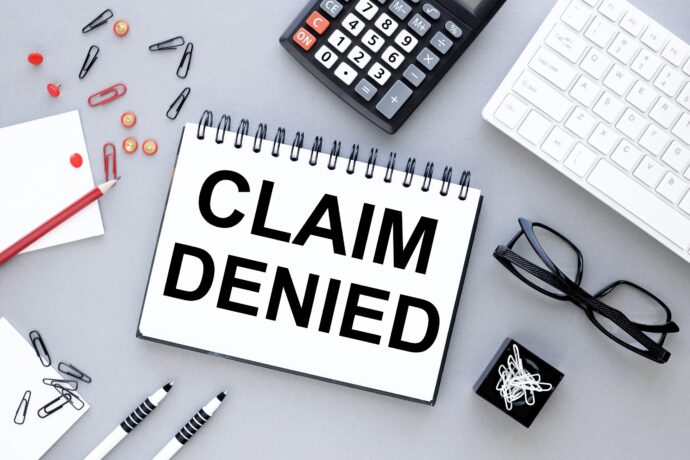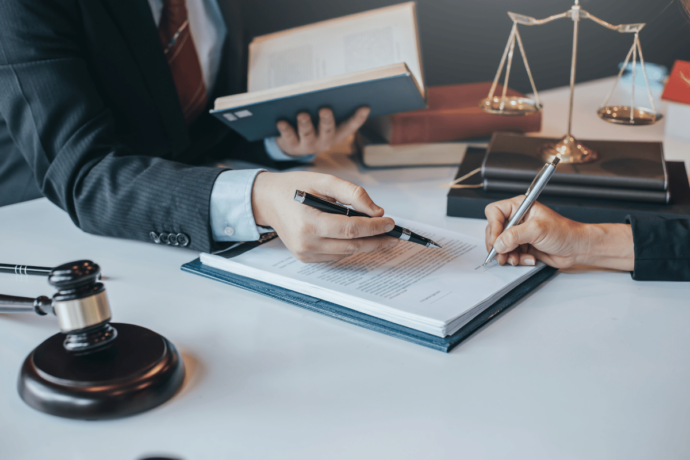When personal injury strikes, individuals often find themselves in a legal battle against insurance companies. Understanding the intricacies of this legal landscape is crucial for personal injury victims seeking fair compensation.
This article delves deep into the various aspects of this battle, including the strategies employed by insurance companies and the challenges faced by victims, as well as the pathways to ensuring fair compensation.
Understanding the Legal Landscape
The Role of Insurance Companies
Insurance companies play a significant role in the aftermath of a personal injury. They are responsible for providing financial coverage to policyholders when accidents occur.
However, their primary goal is to minimize their financial liabilities. This sets the stage for a potential legal battle, as insurance companies may employ various strategies to protect their interests.
The Rights of Personal Injury Victims
On the other side of the legal battle, personal injury victims possess certain rights entitling them to fair compensation for their suffering. These rights encompass seeking compensation for medical bills, pain and suffering, and lost wages. Nevertheless, asserting these rights and navigating the complex legal terrain can be incredibly challenging.
Strategies Employed by Insurance Companies
Denial of Claims

Source: freepik.com
One of the most common strategies employed by insurance companies is the outright denial of claims. They may assert that the policyholder’s injury is not covered under the policy, or they may attempt to shift blame onto the victim.
This tactic can leave personal injury victims feeling overwhelmed and uncertain about their next steps.
Lowball Settlement Offers
Another strategy often used by insurance companies is offering lowball settlement amounts. While these offers may seem like a quick solution, they are often far less than what victims genuinely deserve. Accepting such settlements can leave victims struggling to cover their medical expenses and other damages.
Challenges Faced by Personal Injury Victims
Burden of Proof
Personal injury victims face the challenging burden of proving that the accident was not their fault and that they deserve compensation. This can be a daunting task, especially when up against a well-funded and experienced insurance company.
Gathering and presenting compelling evidence is essential to meet this burden of proof.
Dealing with Medical Bills
The mounting medical bills that come with personal injuries can be a significant concern for victims. While awaiting resolution in their legal battle, they must find a way to cover these expenses. Unfortunately, insurance companies may not always provide immediate financial assistance, adding to the stress and financial strain.
Navigating the Legal Process
Hiring an Experienced Attorney

Source: freepik.com
Hiring an experienced personal injury attorney is a pivotal step for individuals facing this legal battle. A skilled attorney like John J. Driscoll, a renowned personal injury lawyer with a track record of successfully representing clients, can level the playing field and ensure that the victim’s rights are protected throughout the process.
They are well-versed in the tactics employed by insurance companies and can strategize accordingly.
Gathering Evidence
Building a strong case requires the careful gathering of evidence. This evidence includes medical records, accident reports, witness testimonies, and any other relevant documentation. Personal injury victims, with the assistance of their attorney, should meticulously compile this evidence to support their claims and seek fair compensation.
Settlement vs. Litigation
Pros and Cons of Settlement
Settlements offer a quicker resolution to personal injury cases and can provide immediate financial relief. They allow both parties to avoid the uncertainties and costs associated with litigation. However, victims should carefully consider the pros and cons to ensure they are not accepting less than they deserve.
The Litigation Process
In some instances, pursuing litigation through the court system may be necessary to secure fair compensation. While litigation can be a lengthier and more complex process, it may be the only way to ensure that personal injury victims receive the compensation they genuinely deserve.
Litigation involves presenting the case before a judge and potentially a jury, with both sides presenting their arguments and evidence.
Ensuring Fair Compensation
Negotiating with Insurance Companies

Source: bankrate.com
Negotiating with insurance companies requires a well-thought-out and strategic approach. Personal injury victims and their attorneys must be prepared to counter lowball settlement offers and fight for a fair resolution.
Negotiation skills and a deep understanding of personal injury law are crucial in this process.
When engaging in negotiations, it’s essential to begin with a comprehensive evaluation of the damages suffered. This includes not only medical bills and property damage but also factors like lost wages, pain and suffering, and future medical expenses.
An experienced attorney can help assess the full extent of these damages, ensuring that the victim seeks appropriate compensation. Furthermore, it’s important to anticipate the tactics often employed by insurance adjusters.
They may try to downplay the severity of injuries or shift blame onto the victim. Understanding these strategies and being prepared to counter them is vital.
Pursuing Legal Action
In some cases, pursuing legal action through the court system is the only way to ensure fair compensation. Personal injury victims must be prepared for the litigation process, including court appearances, hearings, and the possibility of going to trial.
This path may be more time-consuming and emotionally taxing, but it can lead to a just outcome.
When deciding to initiate legal action, it’s essential to engage a qualified attorney who specializes in personal injury cases. An experienced attorney can help navigate the complex legal landscape, ensuring that all necessary documents are filed correctly and deadlines are met.
The journey through the court system typically begins with filing a complaint, outlining the details of the injury, the responsible party’s negligence, and the requested compensation. This formal document initiates the lawsuit and formally notifies the defendant of the legal proceedings.
Following the complaint, both parties enter the discovery phase. During this stage, information, documents, and evidence relevant to the case are exchanged.
Depositions, where witnesses provide sworn testimony, and document requests are commonly used tools to gather crucial information.
Conclusion

Source: nlbkb.rs
In conclusion, the legal battle between insurance companies and personal injury victims is a multifaceted journey. Understanding the strategies employed by insurance companies, the rights of victims, and the importance of hiring an experienced attorney are pivotal in securing fair compensation.
Whether through negotiation or litigation, the pursuit of justice for personal injury victims is a challenging yet essential endeavor. Drawing from our experience, it is clear that a well-informed and determined approach is paramount in navigating this complex legal landscape.




